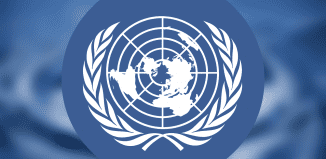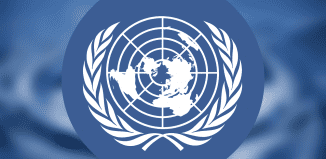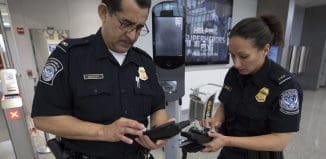How Can Peace Operations Deal with Organized Crime?
This post is also available in:  עברית (Hebrew)
עברית (Hebrew)
 All over the world , organized crime threatens peace and security. And yet, of the current 28 UN peacekeeping, peace building or special political missions, less than half have mandates related to organized crime, and those that do are not well-equipped or well-prepared to face this threat.
All over the world , organized crime threatens peace and security. And yet, of the current 28 UN peacekeeping, peace building or special political missions, less than half have mandates related to organized crime, and those that do are not well-equipped or well-prepared to face this threat.
A new IPI report, by Walter Kemp, Mark Shaw, and Arthur Boutellis, argues peace operations usually treat organized crime like the elephant in the room: impossible to overlook, but too big to deal with. Why is this so? What can be done to rectify the situation? And what can be done when the gamekeepers are actually the poachers; in other words, when senior officials are themselves complicit in illicit activities?
“The Elephant in the Room” shows how organized crime–once considered a problem isolated to a few, mostly urban, communities–has become globalized and now affects a wide range of the UN’s activities, including the maintenance of international peace and security. It describes how crime has become a serious threat in almost every theater where the UN has peace operations, and juxtaposes this with an analysis of mission mandates which contain few operational references to crime.
iHLS – Israel Homeland Security
Case studies based on field research in Haiti, Guinea-Bissau, and Kosovo show the impact of organized crime on stability, governance, and development and demonstrate the challenges faced by the international community in helping states to deal with this problem.
The report argues that unless peace operations can identify and deal with spoilers involved in illicit activities at an early stage, better assess conflict economies, and disrupt illicit markets, organized crime will continue to flourish in theaters where peace operations are deployed–hindering their operability and the very development, security, and justice that the UN seeks to promote.
The report concludes by making recommendations designed to increase the effectiveness of peace operations when dealing with transnational organized crime. This is the second report in IPI’s Peace without Crime project. The first, by Mark Shaw and Walter Kemp, is “Spotting the Spoilers: A Guide to Analyzing Organized Crime in Fragile States.”





























